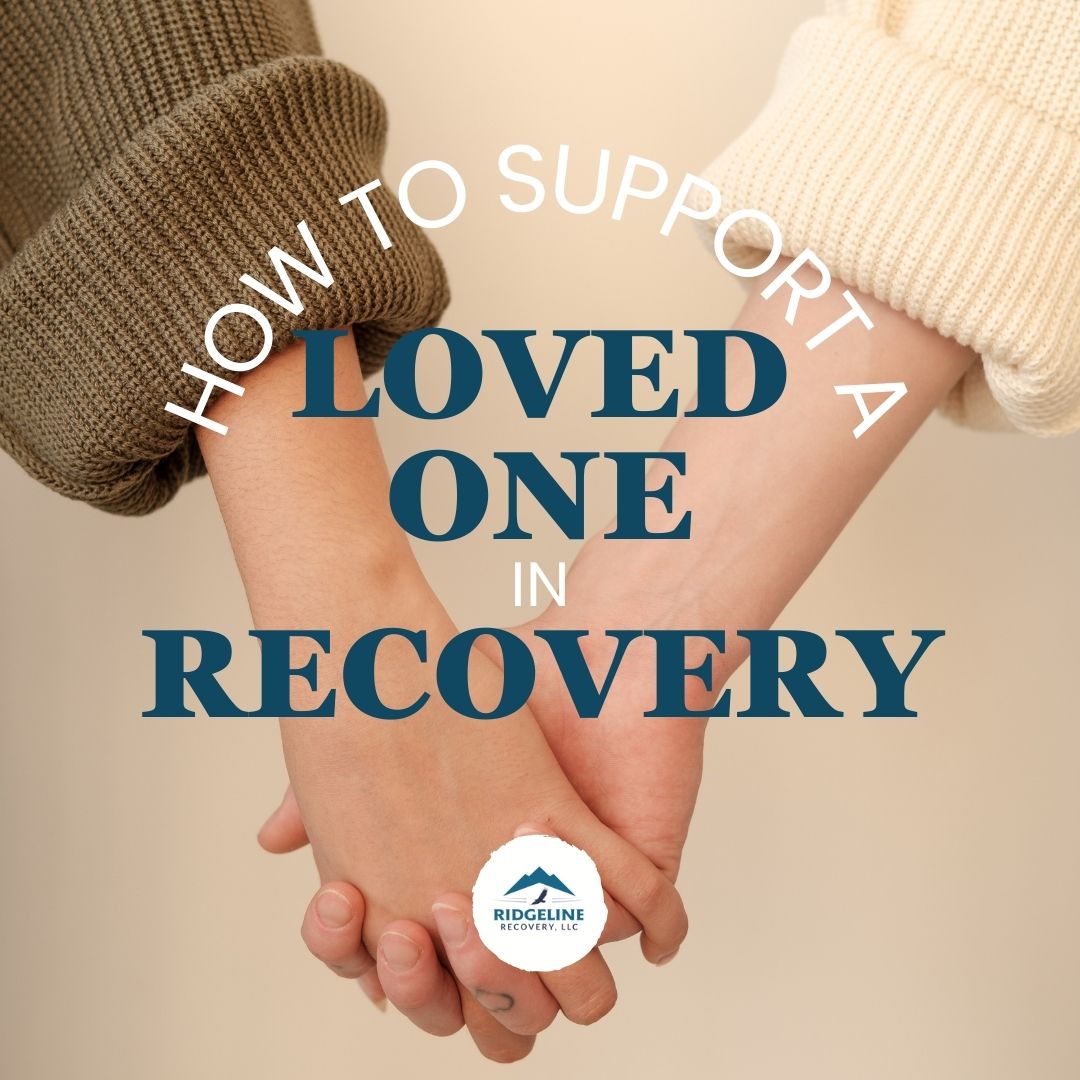Supporting a loved one through addiction recovery is not for the weak. It takes patience, understanding, and a whole lot of emotional strength. The truth is, you can’t do the work for them, but you can make a huge difference. Your support can be the reason they keep going on tough days.
But here’s the thing—most people don’t know how to help. They either go too far (trying to control every step) or not far enough (ignoring the problem, hoping it fixes itself). The key? Being there in a way that actually helps.

This guide breaks down how to support a loved one in recovery without losing yourself in the process. You’ll learn:
-
The right way to listen
-
How to lead by example
-
Why patience is everything
-
Healthy habits to encourage
-
Why your own well-being must come first
Let’s get into it.

1. Listen Without Judgment
People in recovery don’t need lectures. They don’t need you to remind them of every mistake they’ve made. What they do need? A safe space to talk without fear of being judged.
Think about it—addiction is already full of shame and guilt. If your loved one feels like they can’t talk to you without getting criticized, they’ll shut down. Instead of opening up, they’ll pull away, and that’s the last thing you want.
How to Be a Better Listener:
✅ Let them share at their own pace. Don’t force conversations.
✅ Use open-ended questions. Instead of “Why did you relapse?” try “What do you think triggered it?”
✅ Validate their feelings. Saying, “I hear you, and that sounds really tough” goes a long way.
The goal isn’t to fix them. It’s to be a person they can turn to without fear. And that kind of support? It’s priceless.
If they’re struggling with deeper emotional pain, consider encouraging addiction therapy—a structured way to help them work through emotions without feeling alone.

2. Lead by Example
Recovery isn’t just about quitting a substance—it’s about building a whole new way of life. And let’s be real, if you’re constantly drinking around them or living in chaos, it’s going to be harder for them to make a change.
People in recovery need to see what a healthy lifestyle looks like. The best way to help? Show them.
How to Lead by Example:
✅ Make healthy choices. Eat well, exercise, and take care of yourself.
✅ Avoid drinking or using substances around them. This isn’t about babying them—it’s about removing temptation.
✅ Encourage positive habits. Try new hobbies together that don’t involve substance use.
When they see you living a balanced, fulfilling life, it sends a powerful message: Recovery isn’t just about quitting—it’s about upgrading your entire life.

3. Be Patient and Supportive
Recovery isn’t a straight line. Some days will be great. Others will feel like setbacks. This is normal. The worst thing you can do is expect perfection.
Here’s the reality:
-
They might relapse. (It doesn’t mean they’ve failed.)
-
They might struggle with motivation. (It’s not personal.)
-
They might push you away. (Don’t take it as rejection.)
How to Show Patience in Recovery:
✅ Accept that healing takes time.
✅ Celebrate small wins. A week, a month, a year sober—it all matters.
✅ Remind them of their progress. Sometimes, they can’t see how far they’ve come.
Being patient doesn’t mean ignoring bad choices. It means offering support without unrealistic expectations. If they’re truly struggling, professional addiction recovery programs can provide structure and accountability.

4. Encourage Healthy Activities
One of the biggest relapse triggers? Boredom. If your loved one used substances as their main coping mechanism, they’ll need new ways to fill the time and handle stress.
Encouraging healthy, fulfilling activities can be a game-changer.
Ideas for Healthy Activities:
✅ Physical exercise (gym, yoga, hiking)
✅ Creative outlets (painting, music, journaling)
✅ Volunteering (giving back can help with purpose)
✅ Meditation or mindfulness practices
New activities = new habits. And new habits? They keep the mind busy and away from temptation.
5. Prioritize Your Own Well-Being
This part is non-negotiable. Supporting someone in recovery is emotionally draining. If you’re not careful, you’ll burn out—and when you’re exhausted, you can’t help them OR yourself.
Taking care of yourself isn’t selfish. It’s necessary.
How to Protect Your Energy:
✅ Set boundaries. You can’t do everything for them.
✅ Take breaks when needed. Step away and recharge.
✅ Seek support for yourself. Whether it’s therapy, a support group, or just talking to a trusted friend.
You can’t pour from an empty cup. Keep yourself strong, so you can be the support they need without losing yourself in the process.
Final Thoughts
Supporting a loved one in recovery isn’t about fixing them. It’s about showing up, listening, and leading by example.
-
Be patient. Recovery is a marathon, not a sprint.
-
Encourage healthy habits. They need new ways to cope.
-
Take care of yourself. You matter too.
If you or your loved one need extra support, Ridgeline Recovery offers personalized programs, professional guidance, and resources to make the journey easier.
Need help? Contact us today. Because no one should have to do this alone. 💙








